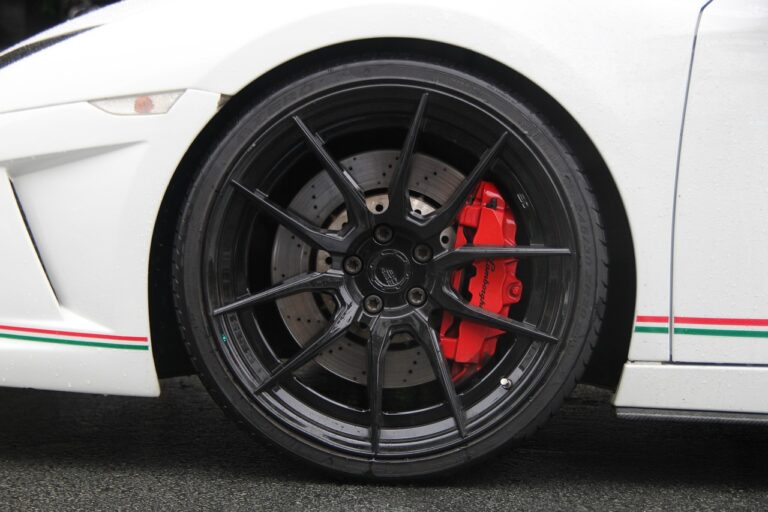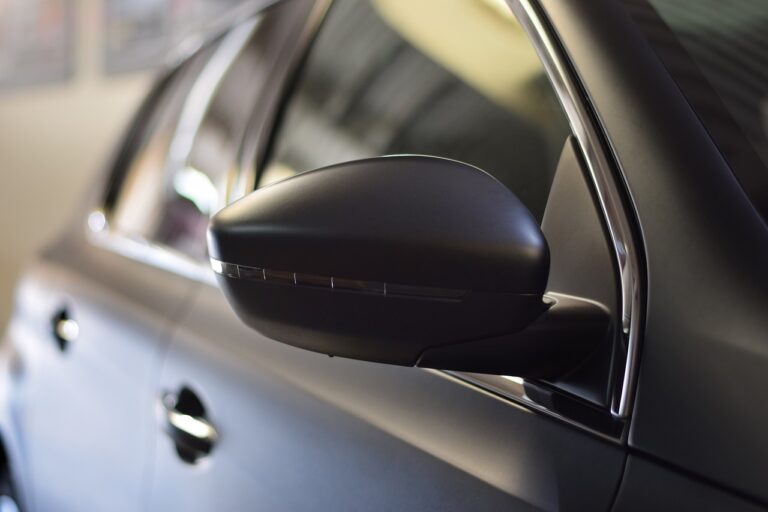The Evolution of Automotive Engines: From Gas to Electric
The evolution of internal combustion engines has been a journey marked by innovation and continuous development. From the early stages of the concept to the intricately designed engines of today, there has been a significant advancement in efficiency, performance, and environmental impact. The inception of internal combustion engines revolutionized transportation and industries, shaping the modern world as we know it.
Over the years, engineers and inventors have tirelessly worked to enhance the design and functionality of internal combustion engines. Through advancements in technology and materials, engines have become more powerful, reliable, and fuel-efficient. The evolution of these engines has not only improved the performance of vehicles but has also played a crucial role in shaping the global economy and infrastructure.
Transition to Hybrid Vehicles
Hybrid vehicles have emerged as a promising solution to address the concerns surrounding the environmental impact of traditional internal combustion engines. With a combination of electric motors and gasoline engines, hybrids offer improved fuel efficiency and reduced emissions compared to their conventional counterparts. This transition represents a crucial step towards achieving sustainability in the automotive industry.
The shift towards hybrid vehicles has been driven by not only environmental considerations but also by advancements in technology. Automakers are increasingly focusing on developing innovative hybrid models that offer enhanced performance and a more eco-friendly driving experience. As consumer demand grows for vehicles that prioritize efficiency and sustainability, the automotive market is witnessing a steady rise in the adoption of hybrid technology.
What is the main reason for the transition to hybrid vehicles?
The main reason for the transition to hybrid vehicles is to reduce carbon emissions and increase fuel efficiency.
How do hybrid vehicles work?
Hybrid vehicles combine an internal combustion engine with an electric motor to increase fuel efficiency and reduce emissions.
Are hybrid vehicles more expensive to purchase than traditional vehicles?
In general, hybrid vehicles can be more expensive to purchase upfront, but the savings in fuel costs over time can offset this initial investment.
What are the benefits of using hybrid vehicles?
Some benefits of using hybrid vehicles include reduced carbon emissions, increased fuel efficiency, and potentially lower maintenance costs.
Are there any downsides to using hybrid vehicles?
Some downsides to using hybrid vehicles may include higher upfront costs, limited battery range, and potentially higher maintenance costs for the electric components.
How can I make the transition to using a hybrid vehicle?
To make the transition to using a hybrid vehicle, you can start by researching different hybrid models, comparing fuel efficiency and cost savings, and considering any available incentives or tax credits for purchasing a hybrid vehicle.





